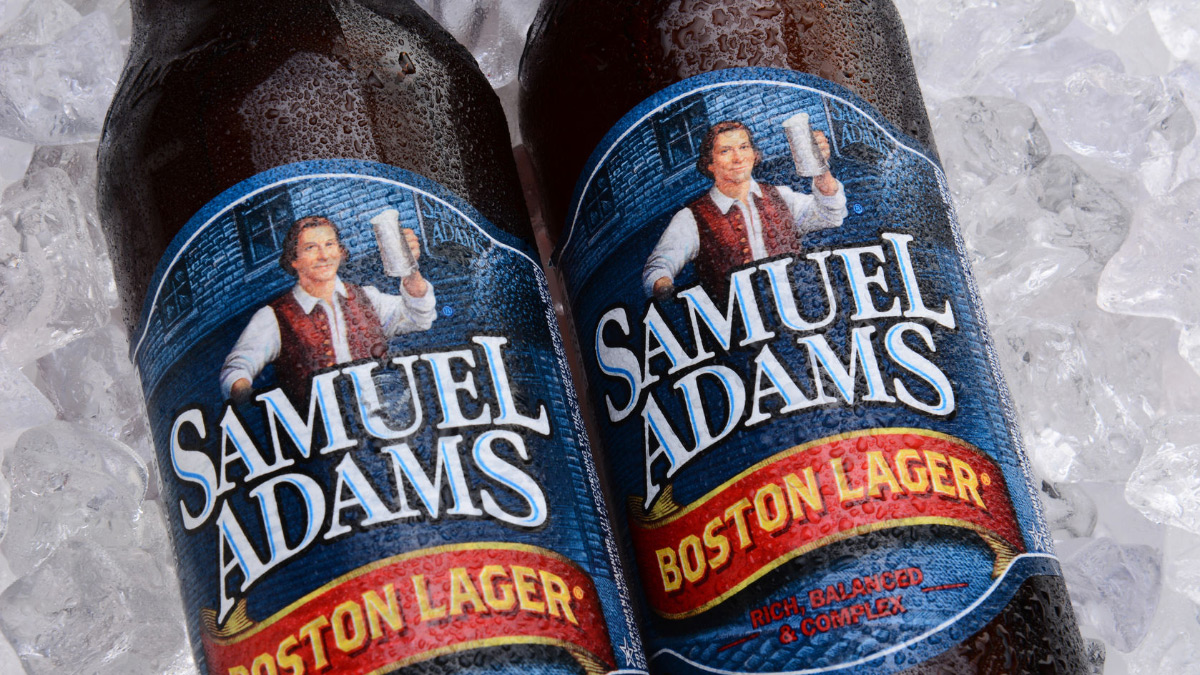As I begin my 54th year of teaching American economic history at Ohio University shortly, I despair how abysmal ignorance of the roots of American economic and political exceptionalism has contributed to much of the current decline in civility and the quality of public discourse and policy outcomes in modern times. Almost all of my students have heard and probably consumed Sam Adams the beer, but few know about Sam Adams, the American patriot who is one of our founding fathers.
Our historical heritage is the glue bringing residents of the United States together as citizens, progeny of extraordinary individuals whose wisdom, hard work and entrepreneurship made us a great unified nation. As that glue’s adhesiveness deteriorates with growing historical illiteracy, we morph from being less “Americans” to being more members of myriad identity groups that view others as rivals, rather than as part of the same “tribe,” individuals with varying viewpoints and physical attributes but part of an extended national family. Family members argue, but they love and respect one another, something increasingly missing in today’s corrosive political environment.
This is particularly shameful since Americans have such a marvelous story to tell. The philosopher Thomas Hobbes said in The Leviathan published in 1651, “The life of man [is] solitary, poor, nasty, brutish and short.” At the time life expectancy in the American colonies was certainly well under 40 years and per capita income in today’s dollars was almost certainly under $2,000; today Americans typically earn more in two weeks what it took a year to make when Hobbes wrote.
With some lag, the fruits of the Renaissance, England’s evolution to law-based constitutional monarchy, and the European Enlightenment provided an environment where freedom loving Americans could do their own thing, innovating, forming capital, and prospering. And we excelled more than anyone else in the world, politically by creating and living peacefully under the world’s longest serving Constitution and economically by allowing individual entrepreneurial initiatives informed by markets to work, creating by far the largest economy the world has ever seen. And our scientific, literary and artistic accomplishments have not been too shabby either.
Yet the academy has neglected this spectacular story. We have one-half the proportion of bachelor’s degrees conferred on graduates in history and the social sciences today as we did in 1970. In 1970, there were 100 history/social science graduates for every one majoring in parks and recreation; now there are fewer than four.
Young scholars in economics are mostly ignorant and even disdainful of how we achieved economic preeminence. This has caused two problems. First, many young economists are only dimly aware of the positive role that markets, the rule of law, and a rugged individualism created by our frontier environment had on our formidable economic achievements. Second, the current generation thinks it has all the answers to our problems, believing previous generations were inferior, reminding me of George Santayana’s dictum that “Those who cannot remember the past are condemned to repeat it.”
While some bemoan inattention to our transportation infrastructure, they should be more concerned about our “heritage infrastructure,” resources devoted to learning, interpreting, and disseminating information about our glorious past. In 2008, Congress actually passed “American History for Freedom” legislation that would have created centers for the study of American history (and by extension, western civilization) at universities across the country. Unfortunately, no funds were appropriated for it. Perhaps, in current congressional plans to amend the Higher Education Act of 1965, the dormant 2008 legislation could be resurrected, for example by appropriating, say, $100 million annually for 20 such centers budgeted at $5 million each. While I bemoan excessive federal spending and irresponsible deficit financing, this is a small fraction of one percent of spending annually on inefficient agricultural subsidies, easily financed by ending tax breaks to wealthy Americans buying expensive Tesla automobiles.
There are other ways to promote an appreciation of our heritage. We could mandate greater telling of the American story in our schools and universities. Business majors, for example, should take courses in American economic or business history. Bowing to identify politics, schools spend vast resources on courses and centers glorifying diverse ethnic, racial, religious or other groups, but in so doing unintentionally often accentuate divisions between us rather than strengthening our common identity.
What happened to E pluribus unum—out of many, one? We emphasize our differences, but not our common bond. Telling the story of our common identity perhaps can dampen a bit the increasing lack of civility and tolerance arising from policy disagreements.













